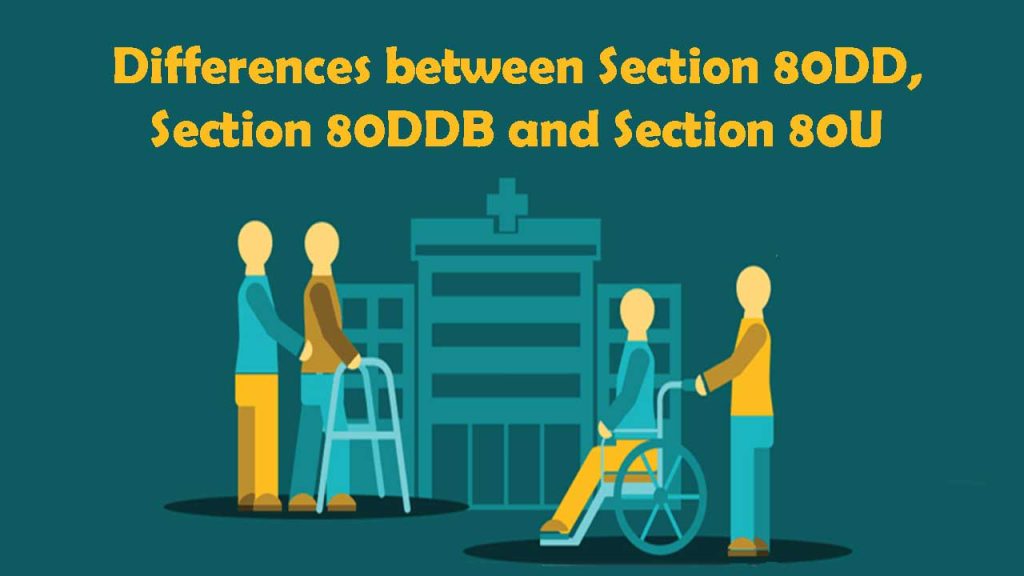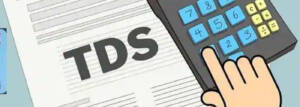The Income Tax Act of 1961 (IT Act, 1961) grants different tax incentives to mitigate the tax obligation when expenses are paid for self/family health bills or where the tax assessee or his/her dependant is injured. Such tax deduction privileges are defined in Parts 80DD, 80DDB, and 80U of the Income Tax Act of 1961. Whereas the advantages provided by such sections appear to be identical, there seem to be a few key differentiators. In the parts that follow, we will go through the main distinctions between benefits u/s 80DD, 80DDB, and 80U.
Differences in Applicability

In contexts of usefulness, each section defines the sort of cost incurred and to whom it refers. The foregoing are the situations in which a deduction under each clause is valid.
Section 80DD – Maintenance, including emergency services for a disabled dependent.
Section 80DDB – Medical Treatment of Self/Dependant
Section 80U – Disabled assessee care, plus medical care (or for self).
Thus, Section 80DD applies to medical costs incurred by a disabled dependent, while Section 80U applies if the assessee is disabled. In all circumstances, an individual assessee’s “dependants” could involve a husband, infants, parent, mother, or siblings who’ve been entirely or primarily reliant on the assessee
Must Read – What is section 80DD?
Must Read – What is section 80DDB?
Must Read – What is section 80U?
Deduction Amounts
The amount you can assert as a deduction u/s 80DD, 80DDB, and 80U varies as per regulations outlined in the Income Tax Act of 1961.
You must remember, that you must claim the deduction under Section 80DDB on the grounds of real expenses made. As a result, if the real care costs are smaller than the amount listed in the clause, your tax deduction would be reduced to the amount currently paid in this situation.
- Section 80 DD – ₹1.25 lakh (severe disability)/₹75,000 (non-severe disability).
- Section 80 DDB – ₹100,000 for senior citizens aged 60 years or more/₹40,000 for citizens aged less than 60 years.
- Section 80 U – ₹1.25 lakh (severe disability) /₹75,000 (non-severe disability).
In the context of Section 80DD and Section 80U, however, the deduction will be received regardless of the real cost caused as long as a legitimate disability certificate from either a qualified medical professional like a neurologist, urologist, oncologist, immunologist, haematologist, etc. is eligible. Furthermore, in addition, to obtain compensation under Section 80DD and Section 80U, the disability must be at least 40% as defined by the certifying body, although this is never true when seeking deduction under Section 80DDB.
Assessee types
The distinctions between the different categories of income tax assessees who can assert tax deductions under separate sections are as follows.
Section 80DD – Resident Individual/Hindu Undivided Family (HUF)
Section 80DDB – Resident Individual/ HUF
Section 80U – Resident Individual
As a result, while Section 80DD and Section 80DDB deductions could be obtained by both resident individuals and HUFs, Section 80U benefits could only be obtained by resident individuals. Non-resident income tax assesses are not eligible for any of these incentives. In the situation of 80DD and 80DDB, a HUF tax assessee could demand a deduction for medical costs or care of any of the HUF members who are injured or have undergone care during the relevant FY.



